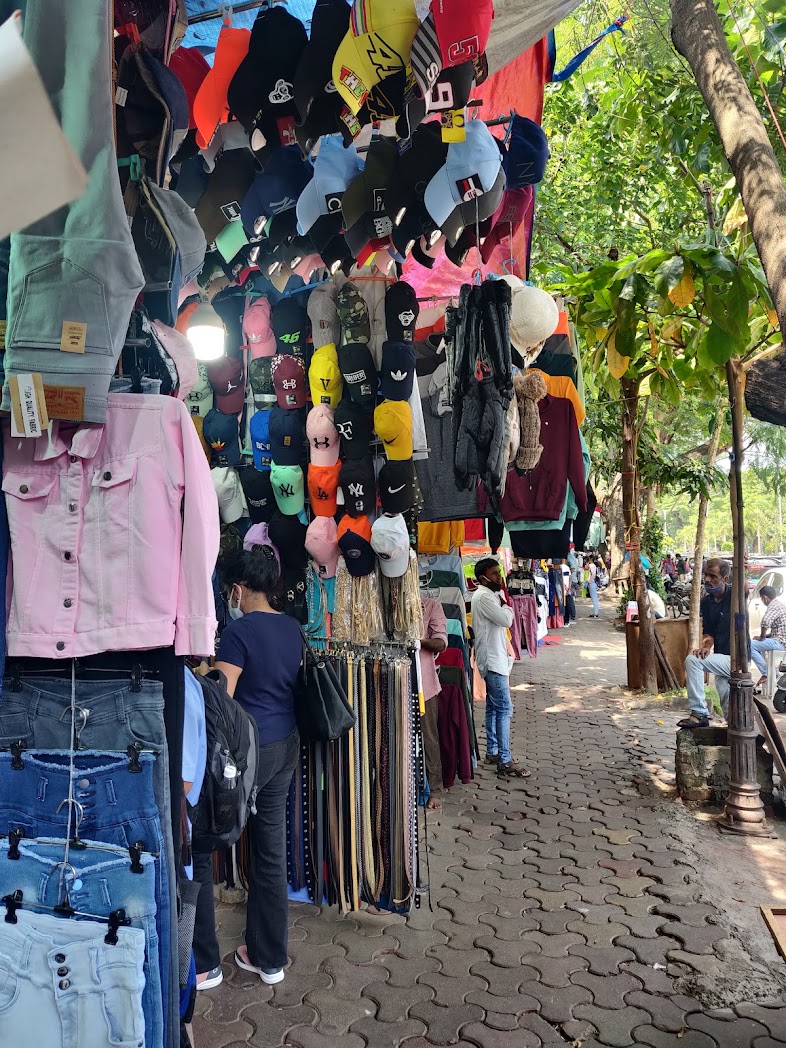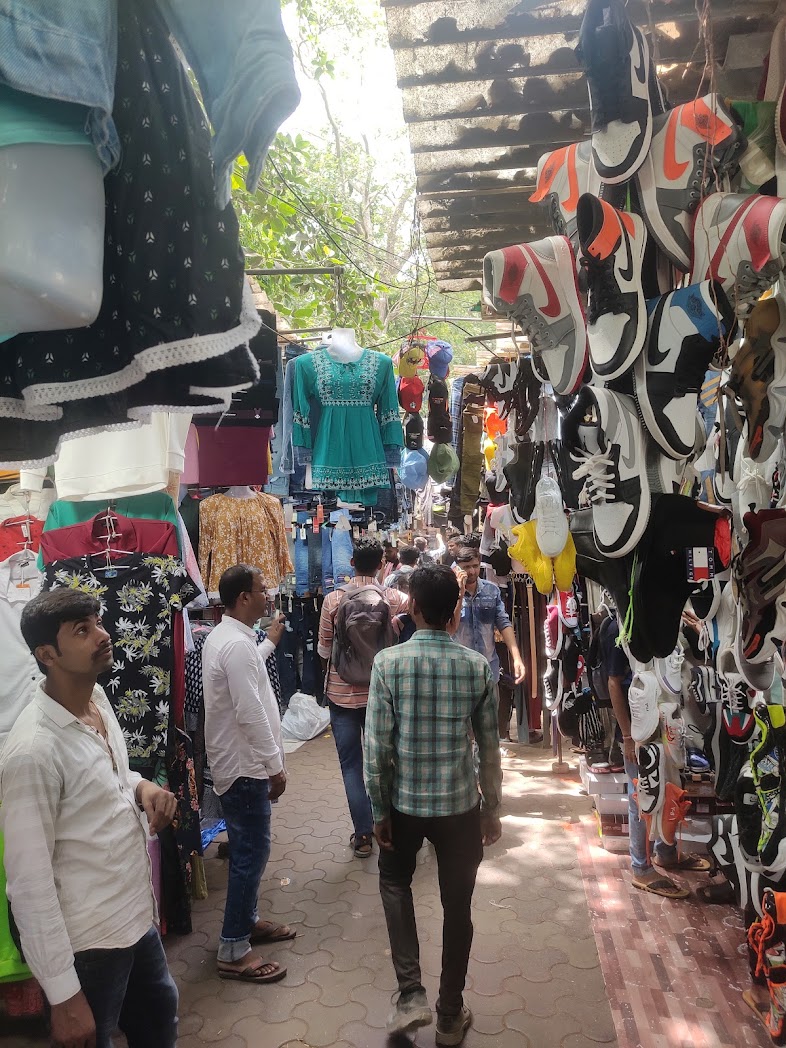Ramadan Special: Fasting and Mustafa Idrisi’s Journey as a Cloth Vendor

KK Ahmed, TwoCircles.net
Mumbai: Despite having the privilege to work in air-conditioned offices in a professional environment and access to nutrient-rich diets, many Muslims conveniently skip fasting during the holy month of Ramadan on one pretext or the other. They must learn from daily wagers how to keep faith unshakable.
This underprivileged section has no other option but to work to earn a living while abstaining from food and drinks (including water) from dawn until dusk — all with the sole aim of deepening their relationship with God. In fact, they are the ones who have immense respect for the holy month.
Mustafa Idreesi is one such daily wage labourer. His story is a powerful reminder of perseverance in the face of adversity. He demonstrates unwavering dedication to his family, faith and his chosen path. He observes the fast diligently and prioritizes special prayers, even during late nights.
To move, forever move
The 29-year-old, a resident of Mumbai’s Shastri Nagar, sells clothes at weekly markets around the city. Ramadan adds another layer to his already demanding schedule. He has sehri (pre-dawn meal) at a mosque at Surat in Gujarat, while iftar (fast-breaking evening meal) at his stall in the sprawling market.
He does not have time to break his fast with his family and enjoy home-cooked food. He performs the remaining prayer once he finishes his work.
His humble family background did not allow him to continue his education after successfully completing the 12th grade. He began helping his father, who needed his help because of age.
Living with his family in a small apartment in Govandi, Mustafa has been working hard for the past seven years.
Undeterred by the challenge of traveling across Mumbai, Mustafa has a singular goal: to feed his family and provide them with a happy life. Since he sells clothes in weekly markets, his daily schedule keeps changing.
Weekdays see him traversing 25-60 kilometers within the city. Holidays bring him a longer journey by train — a distance of around 250 kilometres to cover to reach his workplace in Surat.
His days begin at around 8 a.m. His first stop is garment factories across Mumbai to collect his wares. By lunchtime, he returns home, packing the sellable items to take to his stall in the afternoon.

But unlike a shopkeeper who has a permanent shop in a particular market, Mustafa’s stall keeps shifting from Vikhroli, Mahim to the iconic Chor Bazaar. The location changes, but the dedication remains the same.
Upon reaching the market, Mustafa transforms into a stall-building pro, wielding bamboo and tarpaulin sheets to create a makeshift shop. The markets buzz with business activities until around 10 p.m., signalling the end of his workday.
Dismantling the setup is the final chorus before his journey back home that takes at least an hour or two — depending on his ever-changing distance from his place of residence.
Weekends might a day of rest for others, not for him
Weekends bring a different rhythm for Mustafa. The day before, he hits wholesale markets, purchasing materials and packing his wares for a delivery service.
With a sleeper class ticket, he boards his train for Surat at night. The seasoned traveller is ready to conquer the mega market.
After a four-hour tiring journey, he reaches his market in Surat. After setting up a stall, he has to cordially deal with customers even though some of them are extremely annoying. By sunset, it is time for him to pack up again.
He catches a late-night train back to Mumbai, ensuring he is home by early morning to seamlessly transition back to his weekday hustle.
Food — a logistical challenge
Mornings and afternoons often involve grabbing a quick bite from market stalls. Prayers offer a brief respite, allowing him to perform his zuhr (afternoon) prayers. Evenings, however, are the toughest. With the market at its peak, finding a quiet corner is difficult.
As no journey is without hurdles, it’s for Mustafa as well. The post-lockdown scenario has seen a surge in competition, with many turning to street vending after job losses. This has tripled the number of vendors, making it tougher to stand out.
Despite the challenges, he acknowledges the importance of hard work. He admits it has no alternative or shortcut, and this demanding schedule is to ensure his family’s happiness. The Surat market brings in a good income, around Rs 3,000 per visit (Rs 12,000 a month) — a reward of hard hard work and commitment.
